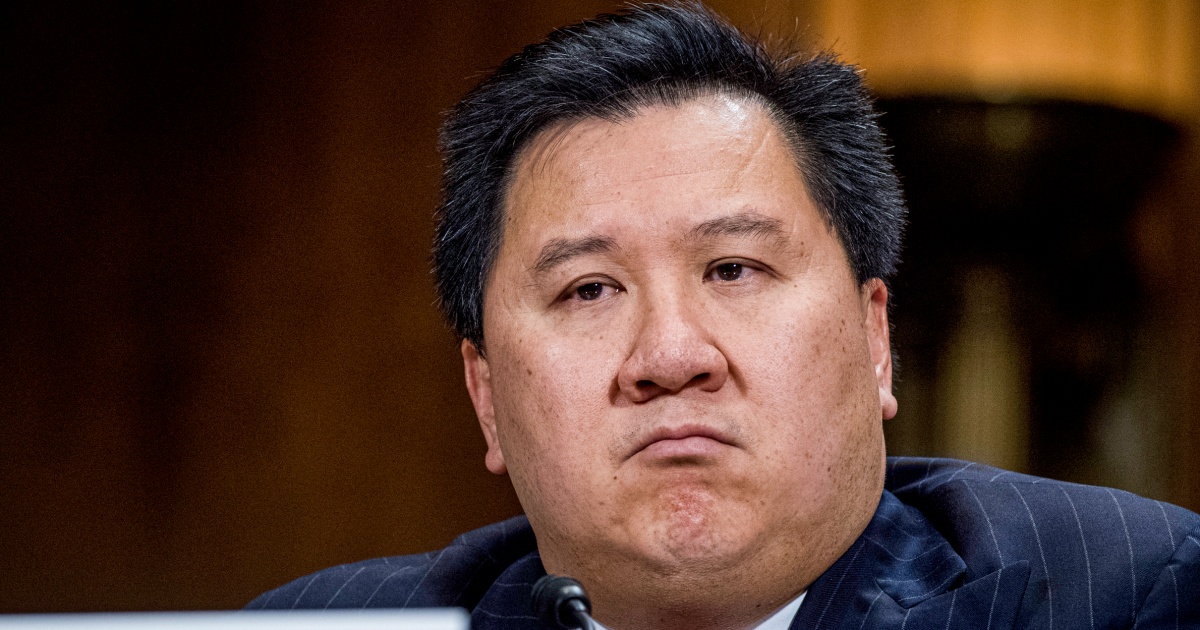As surprising as it sounds, the Supreme Court isn’t the most right-wing court in the country. That label better applies to the 5th U.S. Circuit Court of Appeals, which has gone too far in some cases that have led to Supreme Court smackdowns. So it doubly stands out when a 5th Circuit judge goes further than his colleagues.
That just happened in a dispute between Texas and the United States over the state’s installation of a floating barrier in the Rio Grande. By way of background, the federal government sued Texas over the move, arguing that the state had violated the law by obstructing the “navigable” capacity of the Rio Grande without congressional authorization and building the barrier without approval from the U.S. Army Corps of Engineers.
Ahead of a trial on the matter, the full Circuit Court sided with the state on Tuesday, reversing a trial court injunction that said the state had to move it. So the barrier remains for now. In an opinion by Donald Trump appointee Don Willett, the circuit majority decided that the trial court “clearly erred in finding that the United States will likely prove that the barrier is in a navigable stretch of the Rio Grande.”
Though the circuit sided with Texas, Willett’s ruling didn’t need to address the state’s far-reaching claim that it is permitted to erect the barrier in defense of a border “invasion.” The Constitution says that “No State shall, without the Consent of Congress . . . engage in War, unless actually invaded, or in such imminent Danger as will not admit of delay.”
And here’s where we get to the circuit judge who went further than his colleagues: James Ho, also a Trump appointee. The former Clarence Thomas clerk deemed it necessary to address the invasion question and he agreed with Texas, writing that the case “presents a strategic military decision directed toward a foreign enemy within the State’s authority” and that because the state’s claim presents a “political question” that courts can’t review, the case should be dismissed.
Ho’s opinion has been criticized from the right and the left. One of his Trump-appointed colleagues, Judge Andrew Oldham (who clerked for Justice Samuel Alito), wrote separately to explain why the court didn’t need to reach the invasion issue. Oldham noted that it’s “well settled that we should not reach constitutional questions if we can instead decide the case on a non-constitutional ground.” A dissenting opinion from Biden-appointed Judge Dana Douglas further pointed out that Texas’ position “would enable Governor Abbott to engage in acts of war in perpetuity.”
Ho is known for taking outlandish positions, so his opinion isn’t entirely surprising, however extreme its implications. But it’s worth considering because he has been floated as a possible Supreme Court nominee should Trump return to office in November — a scenario that could make the high court more like the 5th Circuit.
Subscribe to the Deadline: Legal Newsletter for updates and expert analysis on the top legal stories. The newsletter will return to its regular weekly schedule when the Supreme Court’s next term kicks off in October.
![]()





